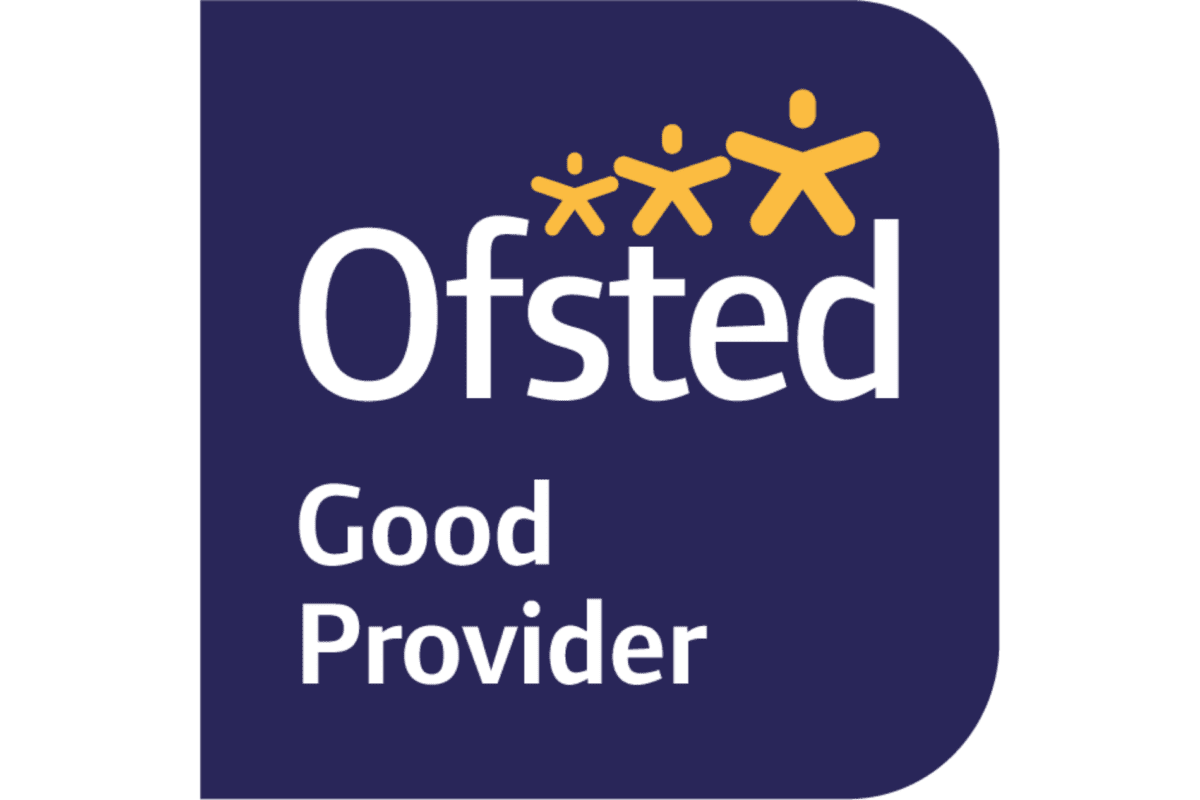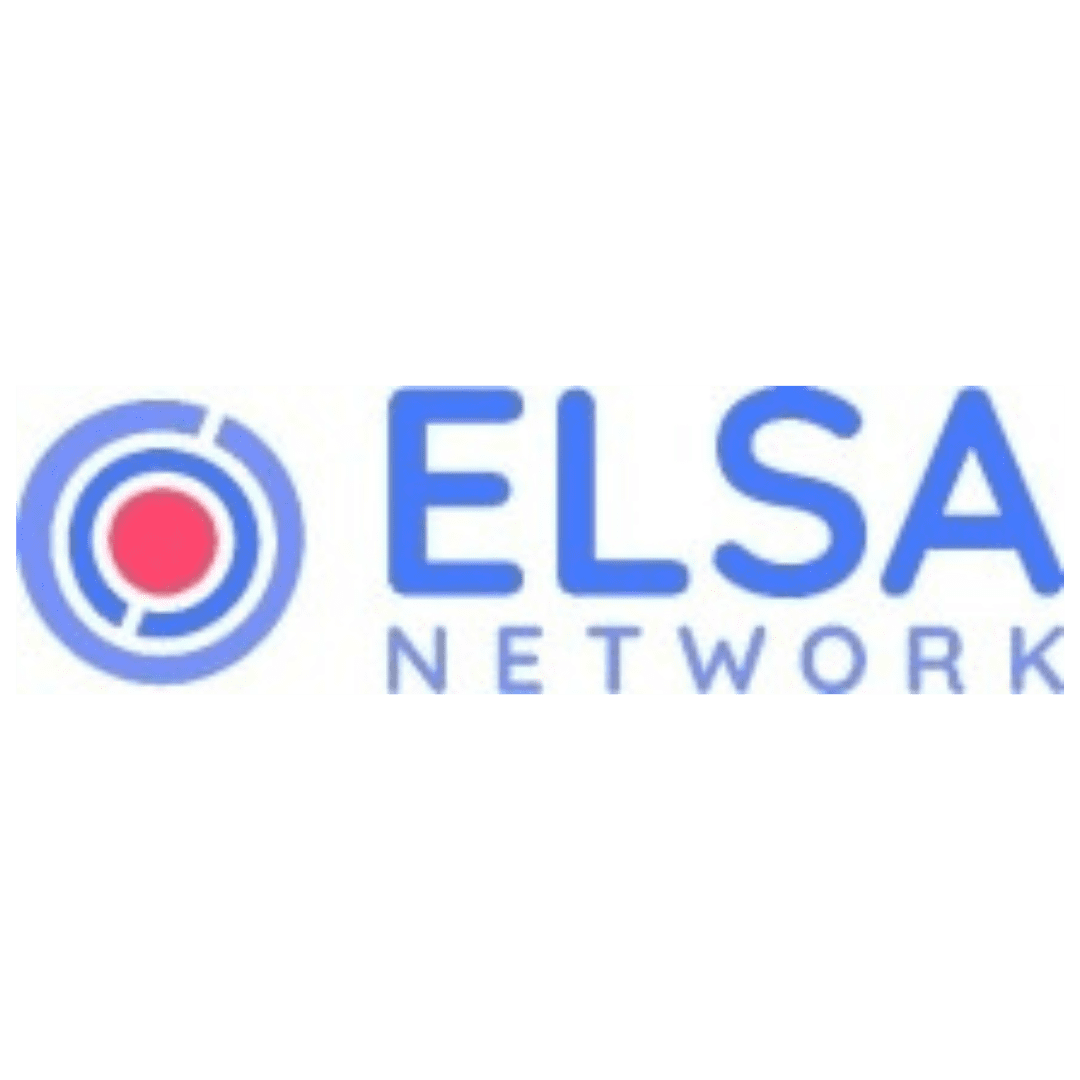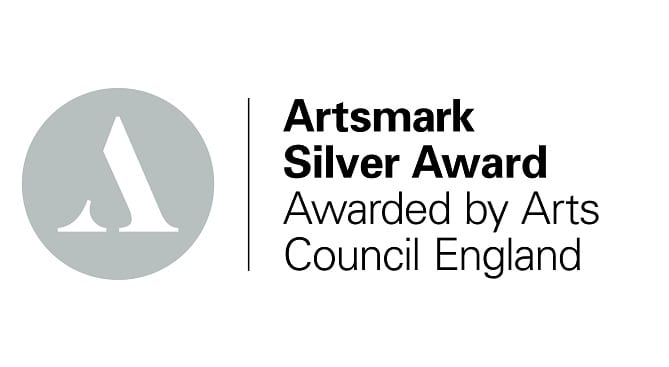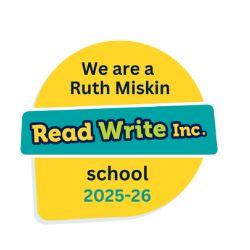How we intend to use the grant
Early reading, language and phonics support
- Read Write Inc programme daily in target groups.
- Nuffield Early Language Intervention: group and 1:1 sessions.
- Investment in books to read at home.
Catch-up phonics and reading interventions for lowest 20%
- Phonics screening for all year 3 pupils.
- Bespoke programme designed and delivered three times a week to ensure that gaps in phonetic knowledge are addressed.
- Phonics resources to support in English sessions in year 3.
- Intensive reading intervention – phonics, 1:1 reading, reading fluency, reading speed for targeted pupils.
Implementation of core curriculum slightly adapted to provide students with core focus and core knowledge in key curriculum areas.
- Focus on PSHE (C19- wellbeing).
- Core skills in all areas – taking diagnostics to assess a starting point.
- Focused intervention with teachers and TAs to ensure that gaps and misconceptions are addressed.
PiXL transition package DTTR, swift intervention as required by diagnostic assessments.
- Transition package used to determine gaps in learning.
- QLA and papers set by assessment calendar to enable tracking and gap identification.
- Support staff used to provide swift and flexible intervention as required.
Social and emotional support to ensure children can access learning in the academy (family support worker and TAs).
- Set up a new curriculum for children in the learning hub.
- Provide a bespoke programme of intervention.
- Support staff used to provide intervention as required.
How we will assess the effect of this expenditure on the educational attainment of our children
Teachers and the raising standards lead will work together to analyse and compare data to autumn baselines to check that gaps in learning have been addressed and children are on track to meet their targets.
- Phonics target is met or exceeded.
- Communication and language end-of-year target met.
- Children make typical or better progress in communication and language.



